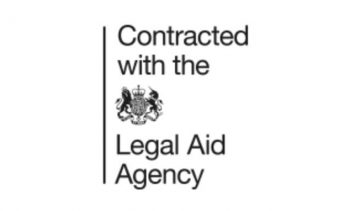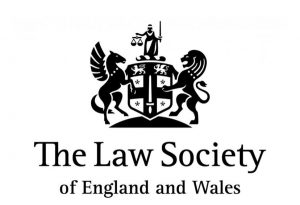When we lose a loved one, it is a difficult time and a period where we have doubts whether the Will reflects their wishes. Often, disputes arise between family members where a Will is contested.
Our Contentious Probate Solicitors team at the firm of Adel Jibs & Co Solicitors have highlighted some of the main reasons for challenging a Will
Lack of Capacity
This is where a person’s mental ability/capacity to make a Will or alter an existing valid Will is challenged. If a person lacks the testamentary capacity to make the Will at the time, then the Will is invalid. It is important to note that assessment of a person to determine testamentary capacity will depend on the facts in individual cases and is determined solely by the person’s ’state of mind’.
It is therefore crucial so as not to invalidate the Will and that the person making the Will understands decisions about the Will, its effects and consequences. Medical evidence is usually required to assist in establishing capacity retrospectively.
Lack of Due Execution.
For a Will to be valid in England and Wales it must be duly executed in accordance with the requirement set out in section 9 of the Wills Act 1837. This Act requires that certain formalities must be complied with. These requirements are:
- Will must be in writing and signed by the testator; or by some other person in his presence and under his direction; and
- It appears that the testator (person making the Will) intended by his signature to give effect to the Will;
- The signature made or acknowledged must be made in the presence of two witnesses and
- Each witness; must:
- attest and sign the will; or
- acknowledge his signature in the presence of the testator
Undue Influence
This is one of the more difficult grounds to prove Will invalidity.
To prove this ground, one must prove that the Will was the product of wrongdoing rather than that of the person’s intention and wishes. To simply put, one is asserting that the person did not intend what is stated in the Will.
A Will can be challenged where there is evidence that the person who made the Will was pressured into the making of the Will.
Undue influence can take many forms.
Our team of Wills & Probate Solicitors have listed below the forms undue influence may take:
- Badgering
- Bullying
- Intimidation or threats to make a Will in a certain way.
It is difficult to prove undue influence due to a lack of evidence. However, this should not discourage anyone from seeking legal advice on their circumstances if they suspect a Will may have been created under undue influence at the time of its creation.
Often at times, Wills are challenged on more than one ground.
If you have any enquiries or require any advice on challenging a Will, then contact call us on 02034173859 or email us at info@adeljibssolicitors.co.uk



1 thought on “Grounds For Contesting A Will”
Pingback: Contentious Probate- Contesting a Will- Solicitors in Enfield